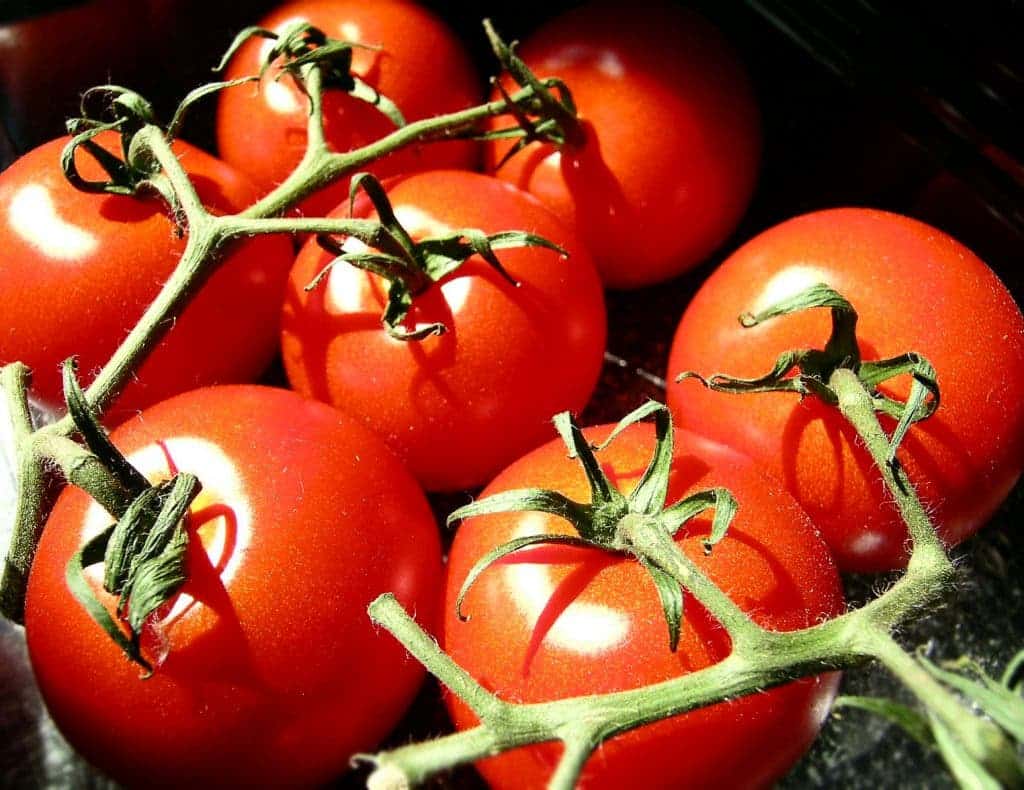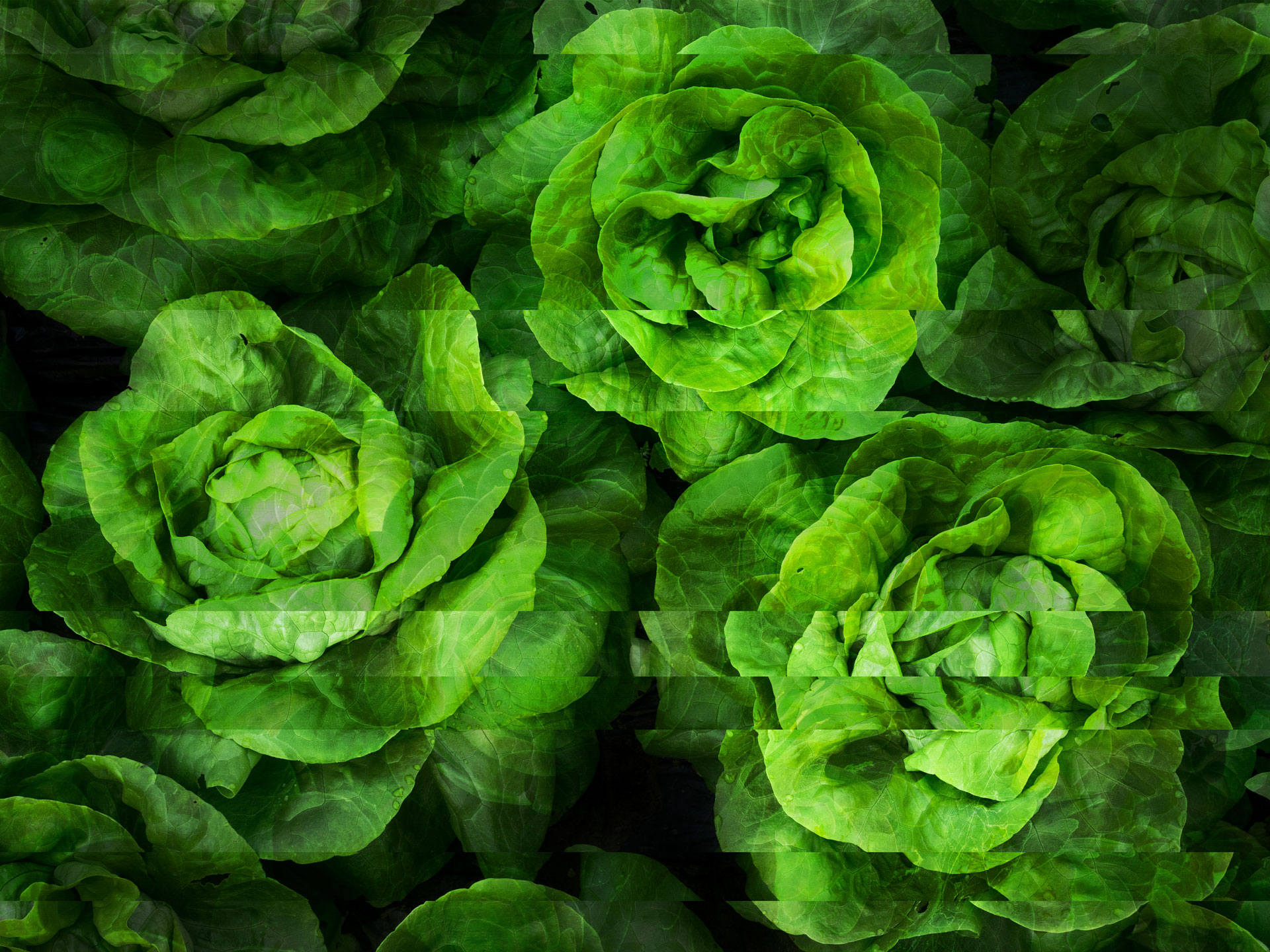You can find articles to support anything, high quality scientific studies... less so. That's why I trust the opinion of scientists who are educated on the subject. Regarding xenohormesis ...
From podcast: https://bengreenfieldfitness.com/podcast/low-carb-ketogenic-diet-podcasts/the-carnivore-diet/ [00:00:00] Introduction [00:00:52] About This Solosode [00:02:58] Podcast Sponsor [00:05:16] Paul's Intro [00:06:44] An Overview Of The

bengreenfieldfitness.com
"one of Ben's follow-up questions, which I will loop in here, is that on pages 48 through 50, I talk about something called the bad news game, like cigarettes, alcohol, et cetera, that also turn on NRF2. So, NRF2 is interesting. This is a transcription factor that is involved in hormesis in the human body. It can get turned on by many things. It can get turned on by cigarettes, alcohol, lead, mercury, sunlight, cold exposure, ketosis. And this is where I want to draw a very distinct, very important distinction that I make in the book. I've never heard anyone else talk about this, but I debated
David Sinclair about this on my podcast, and I don't believe in his concept of xenohormesis and I'll tell you why.
There's a big difference between molecular hormesis and environmental hormesis. Environmental hormesis was what I did last night. I went to a sauna with friends, then I jumped in a cold tank. Those definitely turned on my NRF2 pathway. And I have more glutathione now along with other enzymes in that antioxidant system because of that, right? That is an environmental hormetic. There's no molecule circulating in my human body. I do get more oxidative stress and that turns on molecular mechanisms.
Sunlight, exercise, sauna,
cold plunging, ketosis all do this, right? There's no exogenous molecule coming in.
Molecular hormesis or xenohormesis, “xeno-” is a prefix that means alien, that is when we introduce a molecule like sulforaphane into our body, or resveratrol, or curcumin in the hopes that it will affect our biology. In the case of sulforaphane, it acts as an oxidative stressor and turns on NRF2. What is the difference here? It's an exogenous molecule that has side effects. I talked about this in the first and the second podcast that I did for Ben. These molecules are like any other molecule you will get at the pharmacy. They have side effects. This is a package insert. They are exogenous molecules that do not participate in any of the biochemistry of humans intrinsically. They are only introduced as foreign molecules.
If you go to the pharmacy and get a prescription for metoprolol, Lisinopril, or a statin drug, not that you would really want to do that, but if you did, they would give you a package insert, which has all the side effects. All of these exogenous molecules like sulforaphane, curcumin, resveratrol, also have a package insert, but we're never told about it because the supplement manufacturers want to sell these. Now, this is the problem I have here. Now, Ben may disagree with this. We will respectfully agree to disagree, but I so appreciate that he allows for this back and forth dialogue on his platform. The problem that I was illustrating with sulforaphane earlier is exactly this. Sulforaphane might increase your glutathione, but it's also going to circulate in your body along with goitrin and other isothiocyanates that are present in those brassica vegetables and wreak havoc on your thyroid and other hormonal tissues. That is not worth it. That is a side effect of the “medication.” That is a side effect of these exogenous molecules that are participating in xenohormesis that are acting as xenohormetics that you don't get when you get environmental hormesis.
So, this is the really, really important answer to Ben's question. Environmental hormesis doesn't introduce side effects. Yes, environmental hormetics and xenohormetics can turn on NRF2. The difference is that molecular hormetics then circulate in the human body and have all sorts of negative side effects, and that is what is not worth it because there are multiple studies to show that in humans who are living well, who are doing cold water plunging, eating nutrient-rich diets, that the addition of fruits and vegetables with these polyphenolic molecules or isothiocyanate molecules does not do anything to increase your antioxidant capacity. It's already optimal.
And when I've done tests with myself and my clients, we don't have oxidative stress because we don't have polyphenols. I joke about this on my Instagram. Here I am, I have a polyphenol deficiency. Those of you who can't see me because you're listening should look at what I look like online. My skin is not melting off. I've shared these labs before. My 8-hydroxy-2′-deoxyguanosine is normal, I don't have lipid peroxides that are elevated. My CRP is as low as it gets. I don't have oxidative stress and I don't eat polyphenols from plants. I definitely don't eat isothiocyanates, and guess what, my thyroid works great. Thank you very much.
So, this is the nuance that I'm just trying to explain here that you don't need these polyphenolic molecules, these isothiocyanate molecules to be optimal from your antioxidant status, and you don't want the collateral side effects that come with them. The risks are not worth the benefits. These are risks with redundant benefits that you can achieve by eating a nutrient-rich diet and doing the environmental hormesis activities,
sunlight,
cold, sauna, exercise, all that stuff, ketosis occasionally. Ben and I will agree on all of that. So, that is really what's different between the molecular hormesis and the environmental hormesis. And you can see the environmental hormesis, it's not a molecule, it's not going to circulate, it's not going to do many negative things.
I talk about resveratrol in the book, I talk about curcumin in the book, and I go into details about the dark side of these molecules, and I talk about many studies that show how many bad side effects these molecules can have in humans. In the case of curcumin, it's known to inhibit topoisomerase enzymes which wind and unwind DNA, it can affect p53 which is a tumor suppressor gene in the negative fashion, it affects the herb channel which is a potassium channel, and it's been found to be toxic to both native and cancerous cells and cell culture, as well as other problematic things in humans. Resveratrol decreases androgen precursors in humans. Not a very good thing. I'm going to talk more about resveratrol in detail later in this podcast. You do not want your androgen precursors to be lowered, which is your DHEA and your testosterone by taking a xenoestrogen like resveratrol for a redundant effect. In the case of resveratrol, you can definitely turn on your sirtuins by fasting and ketosis.
I did a whole podcast with
David Sinclair and he was actually surprised. He's a brilliant guy, but he just wasn't aware of ketosis. And in that podcast, which you can hear on my show, I showed him studies and he agreed that there are many studies which show that when you're in ketosis or fasting, your NAD to NADH ratio changes positively and you turn on sirtuin genes. As I'll talk about at the end of this podcast, I'm going to talk about what I eat. I think we should cycle in and out of ketosis. I don't think we should be in ketosis all the time, but occasional ketosis or intermittent fasting can absolutely turn on your spiritual genes. Like I said, these are not unique effects of these molecules. Xenohormesis is a flawed philosophical concept that is conflated ideas or benefits from environmental hormesis, when in fact, you can be optimal by living a “radical life,” which is what I say in my book, by just sunlight, heat, cold stress, exercise, and fasting occasionally. Hope that makes sense, and it ties together a number of concepts. I'm glad those came together like that."
Organic is based on a flawed, "green halo" ideology. What we need is a "best practices" farming solution that uses empirical evidence to support human health and the environment.

www.npr.org

www.zmescience.com

futurism.com


